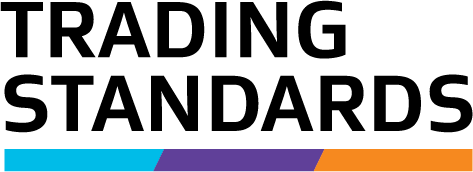Traders' responsibilities to buyers
Registered motor vehicle traders have responsibilities to consumers, including displaying detailed information about used vehicles and keeping records of sales.
General responsibilities
Motor vehicle traders have responsibilities that help protect us, as consumers. They must:
- be registered (on the Motor Vehicle Traders Register)
- comply with consumer laws such as the Consumer Guarantees Act and Fair Trading Act
- display a copy of their Certificate of Registration somewhere at their premises – or be able to show it to you if you ask to see it.
For all used motor vehicles, traders must also:
- display a Consumer Information Notice (CIN) in the vehicle's window, or as part of the online listing
- show on the CIN if there's a security interest over the vehicle (see below for more details)
- give you a copy of the CIN
- get you (the buyer) to acknowledge in writing that you've received a copy of the CIN. This should happen just before the sale of the vehicle – or just after in the case of an auctioneer.
Car market operators
Car market operators must take 'reasonable steps' to make sure that anyone selling a vehicle at their market displays a CIN. This includes motor vehicle traders selling through car markets.
Car market operators may supply sellers with a blank CIN, however it is the seller's responsibility to fill it out.
Letting you know about a debt on a vehicle
Traders must let you know if a motor vehicle has been used as security for a debt. This is known as a 'security interest', and means that someone may still owe money on the vehicle. In this section we call a security interest a 'debt'.
ALERT
If you buy a vehicle that has a debt, and the trader has shown this on the CIN:
- the debt stays with the vehicle, and
- there's a risk that the vehicle might be repossessed (taken off you).
Check before you buy
Before you buy a used vehicle, you can check in the Personal Property Securities Register (PPSR) whether a debt has been registered against it. The PPSR is a government register of security interests in personal property, including vehicles. There's a small fee to do this search.
Personal Property Securities Register website(external link)
If you buy a vehicle and didn't know about a debt
If you buy a vehicle that has a debt, and the trader has not shown this on the CIN, you have rights under the Motor Vehicle Sales Act and the Personal Property Securities Act. These mean that:
- you take the vehicle free of debt (security interest)
- the vehicle can't be repossessed from you, and
- the person who is owed money must follow this up with the motor vehicle trader, not you.
Personal Property Securities Act 1999 — Section 59(external link) — New Zealand Legislation
What to do if a trader doesn't meet their responsibilities
If a trader isn't meeting their responsibilities, you may want to let someone know – or find out what you can do.
